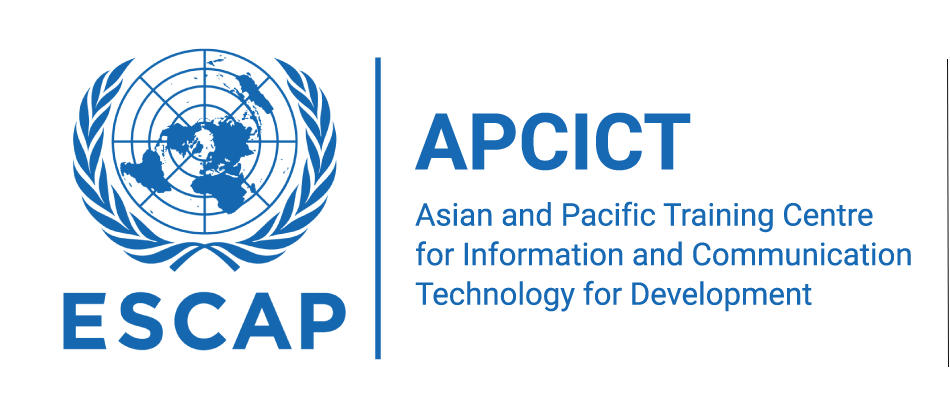APCICT organizes a thematic session on ICT for Disaster Risk Reduction during the International Conference on Building a Local Government Alliance for Disaster Risk Reduction in Incheon, Republic of Korea, on 11-13 August 2009. The thematic session brings together specialists from Asia and the Pacific to share knowledge and experiences on ways in which ICTs have been used in response, recovery and risk reduction efforts.
11 August 2009
Press Release No. G/56/2009
Bangkok (UN/ESCAP Information Services) - As part of the continuing effort to assist countries in Asia and the Pacific better prepare for and deal with catastrophic natural disasters, the United Nations is organizing a session on the effective use of information and communication technology (ICT) for disaster risk reduction.
The session - organized by the United Nations Asian and Pacific Training Centre for Information and Communication Technology for Development (APCICT) – is part of the International Conference on Building a Local Government Alliance for Disaster Risk Reduction, taking place 11-13 August 2009. The conference is jointly organized by the United Nations International Strategy for Disaster Reduction and the Incheon Metropolitan City of the Republic of Korea, and is being attended by senior government policymakers, disaster managers and representatives from international and regional agencies.
The disasters that have recently affected the Asia-Pacific region, such as the Indian Ocean Tsunami in 2004 and Cyclone Nargis in 2008, have caused enormous human and economic losses, in part due to the inadequacy of national warning and response mechanisms, and the lack of capacity to address the underlying risks.
“Many policymakers, including disaster management authorities, have yet to acquire the knowledge and skills to leverage opportunities provided by ICT and integrate ICT applications in their daily work,” explains Hyeun-Suk Rhee, Director of APCICT.
Last year, almost a quarter of a million people died as a result of natural disasters in the Asia-Pacific region, representing 97 percent of fatalities worldwide. And with climate change increasing the frequency and severity of natural disasters, developing coping strategies and disaster resilience can no longer wait, says Ms. Rhee
“At the same time, these calamities have brought to light the potential of ICT as important tools in supporting all phases of disaster risk reduction,” she added. “ICT encompasses traditional media (radio, television) and new media (computers, Internet), as well as space-based technologies (satellite communications, remote sensing) all of which can play a major role in disaster management, from mapping risks, developing early warning systems, raising awareness to preparing communities for disasters. ICT is also indispensable in response and recovery operations.”
The ICT for disaster risk reduction session at the conference brings together specialists to share knowledge and experiences on ways in which ICT have been used in response, recovery and risk reduction efforts. The session will identify major challenges and gaps faced by disaster management players, and discuss the policy interventions and capacity building required.
The session will set the framework for a back-to-back expert group meeting to design an upcoming training module on ICT for disaster risk reduction. This module will be part of APCICT’s “Academy of ICT Essentials for Government Leaders Programme.”
The Academy is APCICT’s flagship programme that includes a comprehensive ICT for development curriculum with eight initial modules. Over a dozen partners are working with APCICT to roll out the Academy at the national level. ICT for Disaster Risk Reduction will be the Academy’s ninth module. A tenth module on Climate Change and ICT is also planned.


